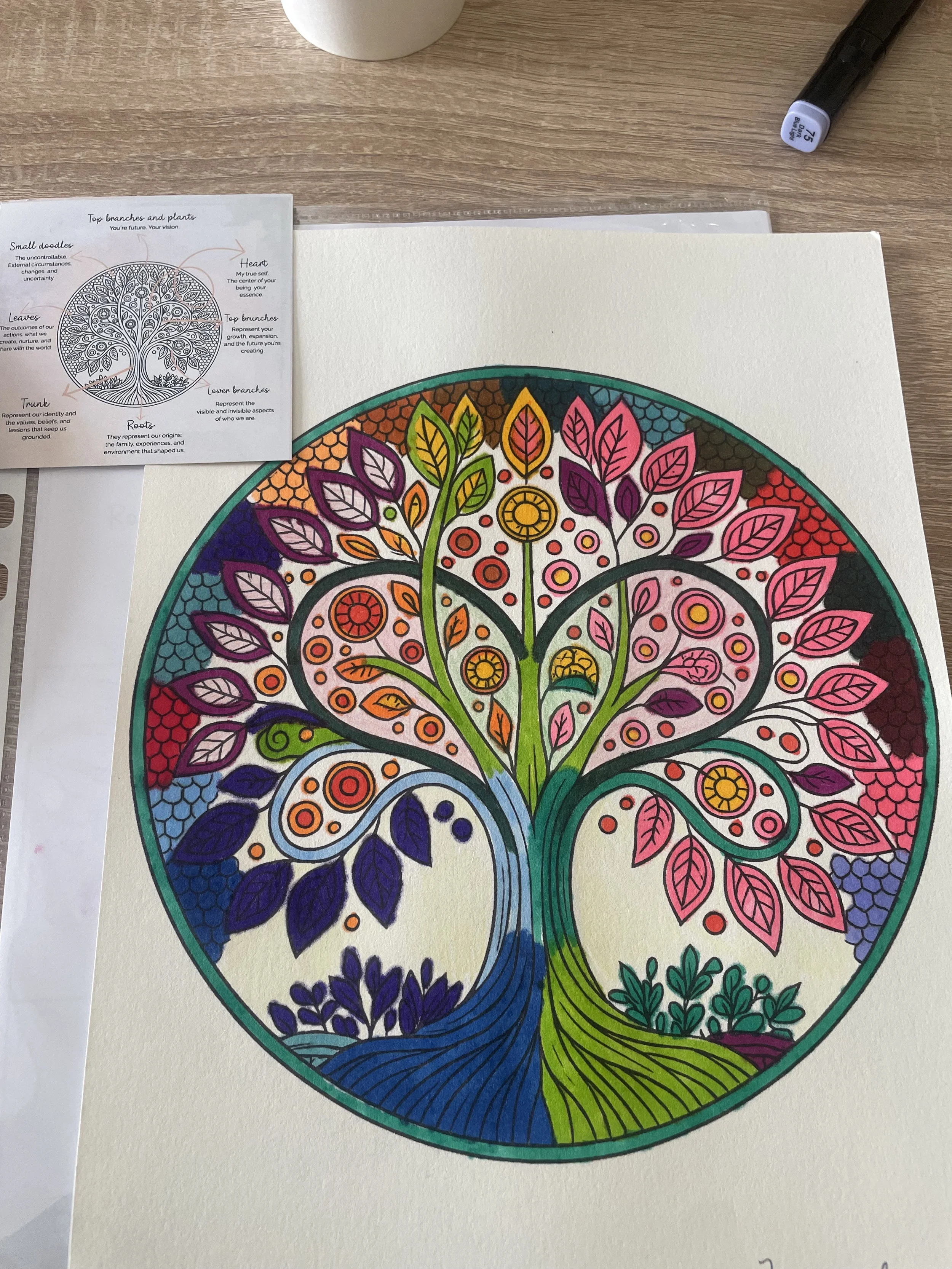Engaging Game Ideas: Fun Ways to Teach English for Young Learners
🤗 Hello guys! 🤗 Welcome back to my blog where today, we’re exploring innovative and exciting ways to make learning English an adventure for young learners 🚀. In this article, we delve into a world of engaging game ideas tailored specifically to captivate the imaginations of young minds while fostering language acquisition 🥳. Whether you're a parent, teacher, or educator, join me as we uncover fun and interactive methods to make the journey of learning English both enjoyable and effective for our youngest learners! 🤩🤩
🎁 A 6 STEP ACTIVITY 🆒
materials needed: a pencil/pen and paper only! ✏️🔖
1️⃣ Ask your young learner(s) to draw a grid (I always go with 3 columns and 3 rows so it creates 9 boxes in total). Ask them to make it as big as possible (usually I use A4 paper).
2️⃣ Tell them they have 30 seconds to draw a… (you choose the category. For example: food, animals, clothes, a famous person, someone you know..) in the first box. If there’s a group, ask them to pass their paper to the person on the left each time the 30 seconds is up!
3️⃣ Once 30 seconds is up, tell them to draw a…(select another category here!) in 30 seconds again.
4️⃣ Keep doing this until all 9 boxes are filled with pictures of different things, (the more categories there are, the more interesting the story will be!).
5️⃣ Now, they have to write a short story using all the 9 pictures. The prompt could simply be ‘Once upon a time…’. Depending on level, you might need to help them come up with vocabulary here!
6️⃣ If it’s a group class and they’re a higher level, ask them to present their ideas to the class. If they are a lower level, they can work in pairs and exchange stories and if it’s a 1-1 class, ask them to tell the story to you!
🤩 BOOK A FREE CALL! 🤩
🧐 If you’re thinking about booking a free call with me, we can discuss my 👉🏻 Young Learners course in more detail. Whether you're looking for specific requirements for your child, or simply have questions about this course, I'm here to provide personalised assistance tailored to your needs.
☎️ To schedule your complimentary consultation, simply click here at your earliest convenience. I look forward to the opportunity to connect with you and discuss how we can start a business English course.
Why Games for Young Learners are VITAL!
🩷 Engagement:
Games are inherently fun and captivating for children. By integrating games into English lessons, teachers can capture the attention of young learners and keep them actively engaged in the learning process. 🥳🥳🥳
🧡 Active Participation:
Games encourage active participation and involvement from every student. Whether it's through role-playing, problem-solving, or interactive activities, games provide opportunities for children to actively use and practice English in a dynamic and immersive environment.🗣️🗣️🗣️
❤️ Repetition and Practice:
Repetition is key to language acquisition, especially for young learners. Games offer a structured yet repetitive way to practice English vocabulary, grammar, and pronunciation in a manner that feels enjoyable to children. 🧠🧠🧠
🩵 Contextual Learning:
Games create meaningful contexts for language use. Through gameplay, children encounter English words and phrases in real-life situations, helping them understand language in context. 👀👀👀
💜 Motivation:
Games provide intrinsic motivation for children to learn English. The competitive or cooperative nature of games, along with the sense of achievement and reward, motivates young learners to actively participate and strive for improvement in their language skills. 💪🏻💪🏻💪🏻
💙 Social Interaction:
Many language learning games involve social interaction among students, promoting collaboration, communication, and teamwork. These social aspects not only enhance language learning but also foster important social skills such as cooperation and empathy. 😑👥👥👥
🩶 Creativity and Imagination:
Games often stimulate creativity and imagination, allowing children to express themselves freely in English. Whether it's through storytelling, role-playing, or creative writing activities, games encourage children to use English creatively and explore the language in imaginative ways. 🎨🎨🎨










If you don’t want to make a long-term commitment just yet, pay as you go might be the best option for you. This allows you to try out my English lessons before committing to a more extended period. This is particularly beneficial if you want to assess my teaching style, compatibility, and effectiveness of the lessons.
How does it work?
🟠 One hour lesson
🟢 Microsoft Teams
🔵 Can be scheduled Monday-Friday, 9am - 7pm (BST)
🔴 Lesson material emailed to you after the session
🟤 Homework for further English practice!
❗️ 24 hour cancellation policy (If a student or the tutor cancels a scheduled lesson, this will be postponed to a later date convenient to both. The student may postpone a lesson by giving a minimum of 24 hours notice to the teacher in which case prepaid lessons will not be counted. However, there will be no monetary reimbursement for any paid fees under any circumstance of cancellation of unattended lessons.)